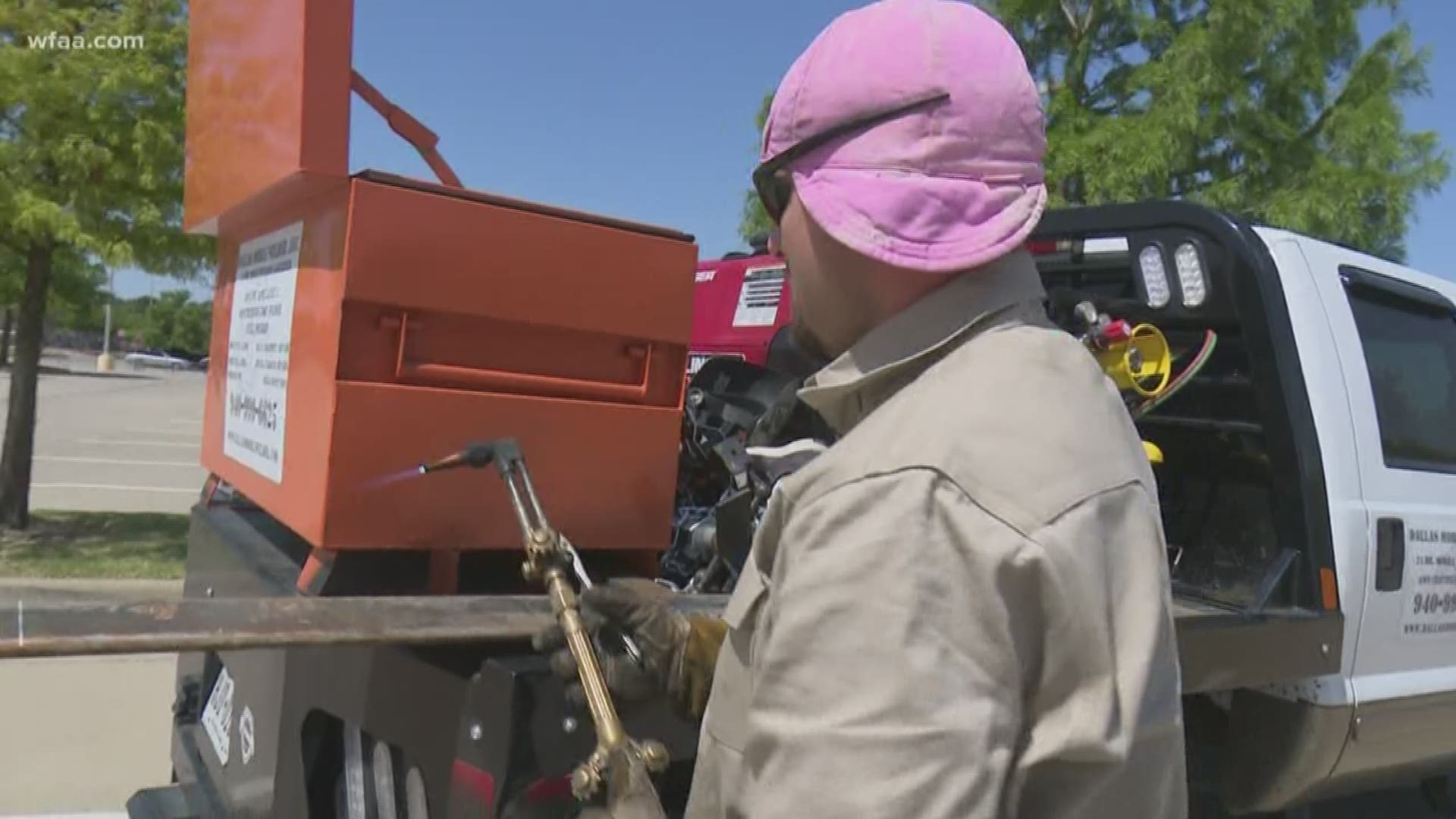As more companies set up shop in Dallas’ suburbs, the highly educated workers to fill those businesses’ jobs are increasingly choosing to live in the city’s urban core.
That trend is making Dallas one of the top U.S. cities for "reverse commuting," in which workers drive from homes in or near the city center to jobs in the ‘burbs, according to a study released Tuesday by commercial real estate firm JLL (NYSE: JLL).
“Dallas is very much a city where there are a lot of people reverse commuting,” said Walter Bialas, JLL's director of research for Dallas, in an interview with the Dallas Business Journal.
Though the trend was exaggerated in Dallas, the city is not alone. Highly educated talent – defined as those with a bachelor’s degree or better — is clustering in major cities nationwide faster than it is the suburbs, JLL’s research found.
Major cities are experiencing a slight drop in their share of regional jobs at the same time.
The major cities’ educated population across the U.S. is up 28.7 percent since 2008, whereas the suburbs surrounding those cities have increased their highly educated populations by 23.6 percent.
Additionally, most of the adult population gain in major cities is educated talent. Educated people account for 90.9 percent of the adult population increase in major cities, while accounting for only 65.1 percent of the adult population increase in their suburbs.
Though the momentum has shifted to the cities, the suburbs still hold the majority of educated talent.
The study looked at the population, educational attainment, and job location and employment data across the 25 largest metropolitan areas in the United States to better understand where highly educated talent is living, working and playing.
The upsurge in highly educated individuals in and around all major cities means the competition to attract relocating or expanding corporations that want to be near that talent is increasingly intense.
Seattle-based Amazon (Nasdaq: AMZN), for example, has said a highly educated labor pool is a crucial consideration in its search for a home for its $5 billion second headquarters. Dallas-Fort Worth is one of 20 metro areas Amazon is considering for the project known as HQ2, which will employ 50,000 people.
Bialas declined to discuss Amazon’s HQ2 search specifically, but he did say the DFW area has the talent and another ace in the hole when it comes to luring top companies.
“One thing that the Dallas-Fort Worth area has that many other areas like Boston, Washington D.C. and Seattle don’t have is an amazingly good cost of living,” Bialas said. “People can afford to live a pretty good life, especially if you’re a young professional coming to Dallas. People will come here for those opportunities.”
The JLL study has major implications for landlords and companies weighing the pros and cons of relocating or expanding downtown vs. doing so in the suburbs, Bialas said.
Companies that might want to move to the suburbs or that are currently located there must remember that a significant part of their labor pool probably lives a fair distance from their properties, he said.
“At the same time, you have companies that are looking to expand or open up new offices, and the urban core is a very viable location for them given that people want that lifestyle — the amenities around them, the walkability, the more urban feel,” Bialas said. “For some companies, it may be reaffirming for them to stay in an urban location."

